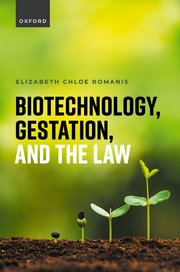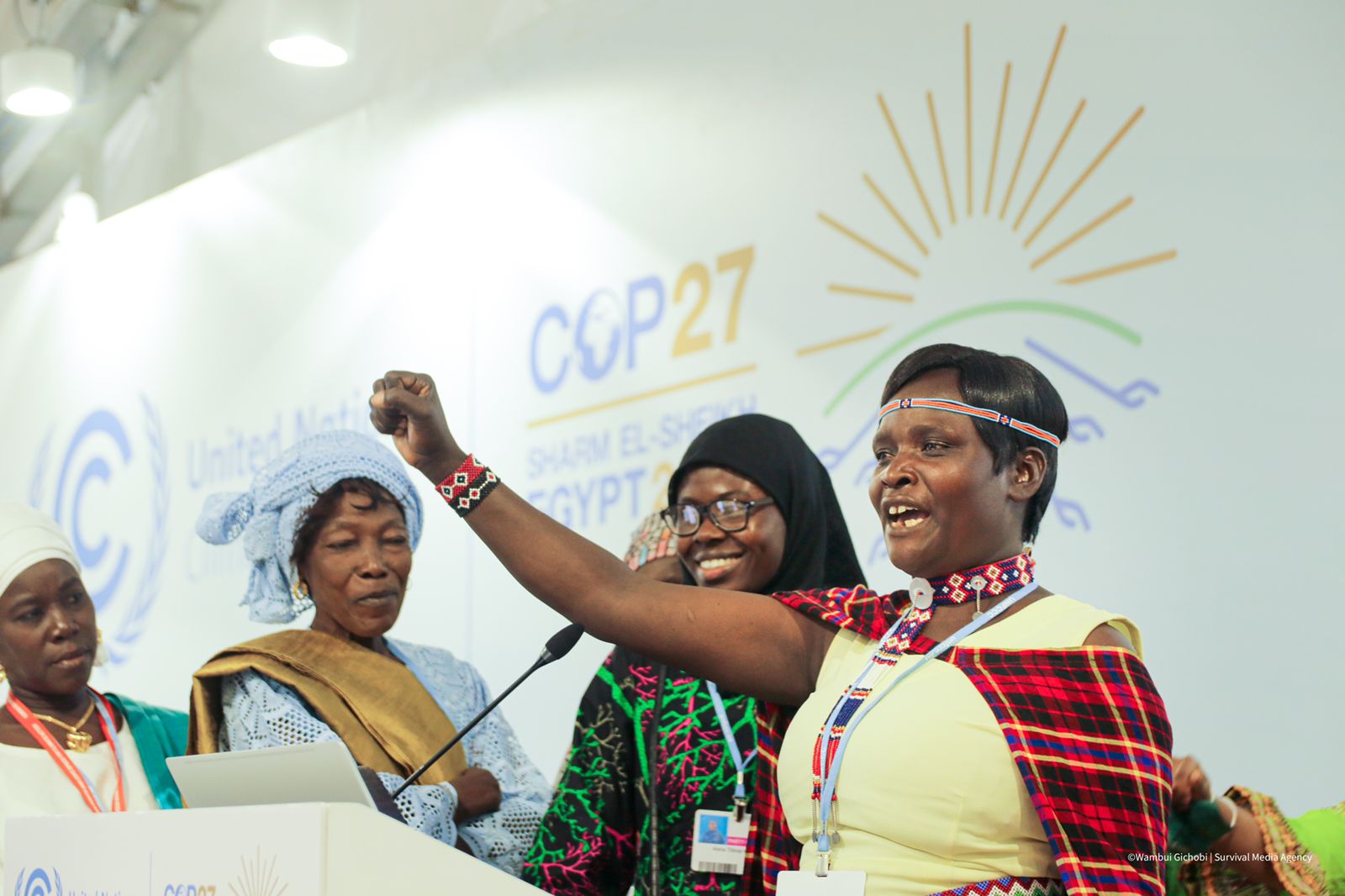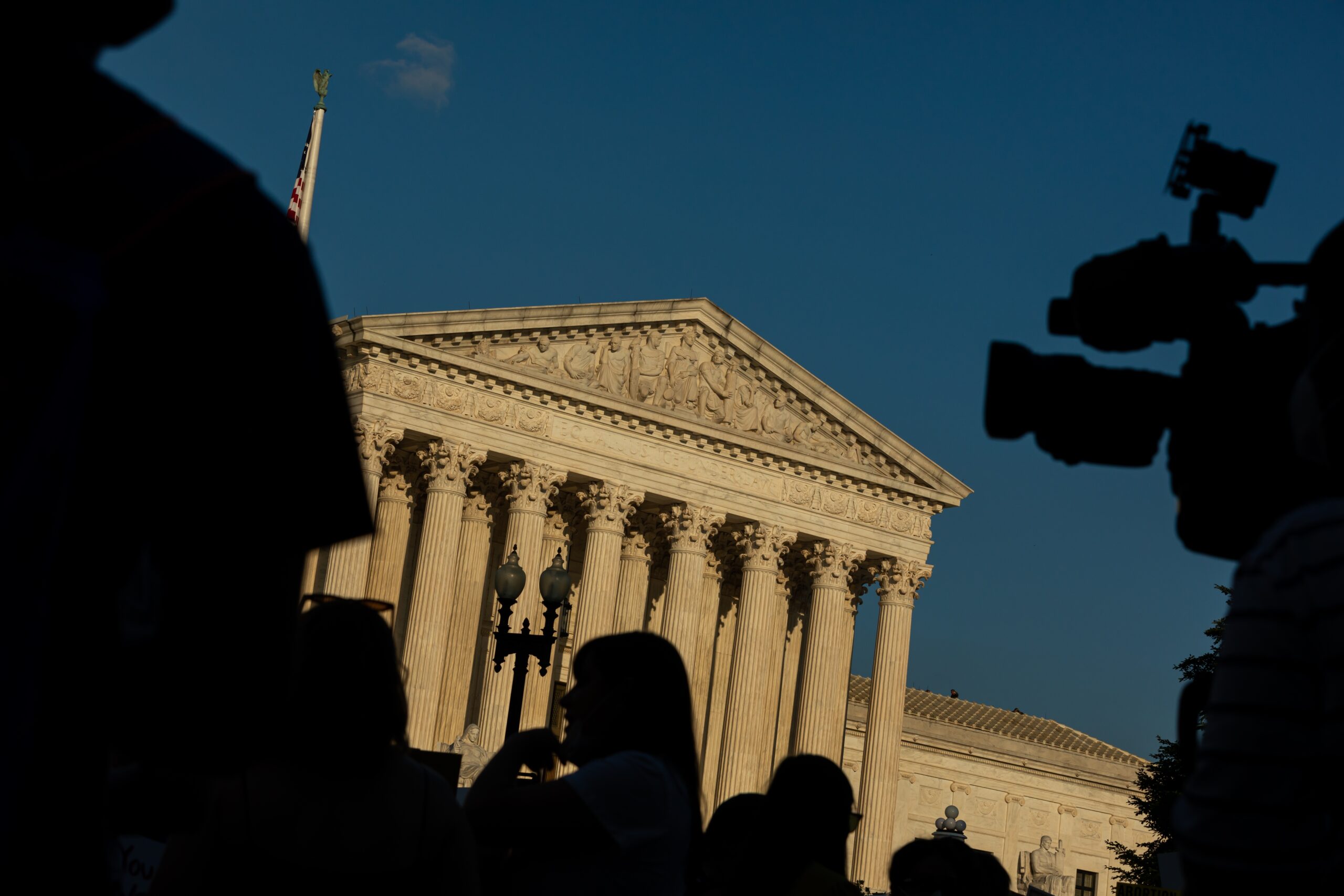Book Interview: Biotechnology, Gestation, and the Law
Former Petrie-Flom Fellow-in-Residence Elizabeth Chloe Romanis recently published her latest book, Biotechnology, Gestation, and the Law, with Oxford University Press. Here, we catch up with Chloe to ask her about the book and its key themes.

Published
Interviewed by
Petrie-Flom Center
Share
Former Petrie-Flom Fellow-in-Residence Elizabeth Chloe Romanis recently published her latest book, Biotechnology, Gestation, and the Law, with Oxford University Press. She wrote much of this monograph during her time at the Petrie-Flom Center and the Edmond and Lily Safra Center for Ethics in 2022-2023. Here, we catch up with Chloe to ask her about the book and its key themes.
Petrie-Flom Center: What is Biotechnology, Gestation, and the Law about?
Chloe: Where people experience involuntary childlessness because they cannot, for biological, social, or psychosocial reasons, sustain a pregnancy, they can pursue parenthood through routes that mean other people have undertaken the gestational work, e.g. surrogacy or adoption.
However, these routes do not always meet the procreative needs of individuals because they want to gestate themselves, or because they value genetic relatedness.
Technologies on the horizon — which I call technologies enabling gestation — are exciting because they have the potential to enable new modalities of gestation that better meet the procreative needs of individuals who cannot sustain a pregnancy. However, these technologies also raise big questions, in a metaphysical and moral sense, about how we procreate, and how we relate to procreation. I address some of these questions and use the insights to interrogate related ethico-legal challenges including who can access technologies enabling gestation, how we identify and classify parents, and the implications for gender equality and for abortion access.
Can you explain this concept of “unsexing pregnancy”? Where is the technology at currently?
The idea for the concept of ‘unsexing pregnancy’ came from thinking about uterus transplantation. Uterus transplants (UTx) are in the process of transitioning from an experimental surgical procedure to being thought of as a treatment for absolute uterine factor infertility. The procedure has, to date, only been performed on cis women. However, surgeons and bioethicists alike have begun to reflect on the idea of uterus transplant for trans women and cis men. While it may be some time before UTx is available in this way, it offers the possibility for thinking about pregnancies beyond the shackles of how we think about sexed roles in procreation — what some bodies just can or cannot do.
Many men and nonbinary people, of course, become pregnant and sustain pregnancies. They are, however, subject to considerable transphobia and structural violence. Much of this is because those who subscribe to a biological essentialist account of ‘sex’ often problematically fall back on the capacity to sustain a pregnancy as a way to differentiate between ‘male’ and ‘female’ bodies. Technologies that further illustrate the tenuous nature of a binary approach to sexing bodies based on their ability (or not) to sustain a pregnancy should be welcomed. There are also the additional benefits from the possibilities of ‘unsexing’ that should be taken seriously as provocations: What would the world look like if cis men could, and did, undertake pregnancy?
You refer to “gestation beyond the body.” How could that change reproductive science?
Gestation beyond bodies, or ‘ectogestation’ (gestation facilitated by machine), is a wholly speculative idea in the current state of play. Teams of fetal scientists and surgeons working on building an artificial placenta are focused on revolutionising neonatal intensive care, creating a machine that can support entities with fetal physiology to develop and mature such that they are more likely to survive without long-term health issues. So, these devices are not designed for, and not capable of, growing babies from scratch to birth. That would be a different device, and there are lots of legal and regulatory hurdles that stand in the way (e.g. limitations on embryo research), and there is much we just do not know about gestation and, therefore, how to emulate it.
I think it’s important to be clear about what technology cannot do and the hurdles in the way of developing complete ectogestation. But speculating about the possibility, its ethical, social, and legal challenges is still an important exercise. Imagining complete ectogestation and what it could mean and its potential implications can still teach us so much about the nature of gestation, how we treat pregnant people, and contemporary procreative injustices.

Romanis’ book, Biotechnology, Gestation, and the Law, is available here.
You write that pregnancy itself hasn’t been studied much from a legal/ethical/academic perspective. Whereas, obviously the fetus has been a huge focus. Why do you think that is?
Suki Finn remarks that pregnancy itself, as a state of being, is rarely seen as something worthy of philosophical interrogation. There is so much literature about issues that arise within a pregnancy (mostly abortion), but this is rarely consideration of the state of being itself and often instead is in some way actually about the fetus. Traditionally both academic law and philosophy have been fields dominated by people who have not experienced (and cannot experience) pregnancy, influencing determinations about what was important to think about. Also, the construction of the fetus as separate from the pregnant person and in need of protection is a social and cultural script that has dominated thinking.
In philosophy, there are growing bodies of work, like the phenomenology of pregnancy and the metaphysics of pregnancy, that recognise pregnancy as something that we can and should think about more. These insights have been under-utilised by legal scholars, and there is a need to think about gestation (distinct from pregnancy) too, so that is what I sought to do in this book!
What do you want readers to take away from your book?
Much of how we regulate procreation here in England and Wales is underpinned by biological essentialism that dictates who can access procreative technologies, what the consequences of using procreative technologies are, and when pregnant persons can terminate their pregnancies. My thought is that ultimately technologies enabling gestation have some really exciting potential, particularly for those who experience involuntary childlessness related to an inability to gestate, however, this potential is significantly limited unless there is significant social and legal reform to address the biological essentialism at the root of how we think about and regulate procreation.
About the book’s author
Elizabeth Chloe Romanis was a Fellow-in-Residence at the Edmond and Lily Safra Center for Ethics and the Petrie-Flom Center for 2022-2023. She is an Associate Professor of Biolaw at Durham University, UK. Chloe does research in healthcare law and bioethics with a particular interest in reproduction and the body (abortion, gestation, pregnancy, and birth).



